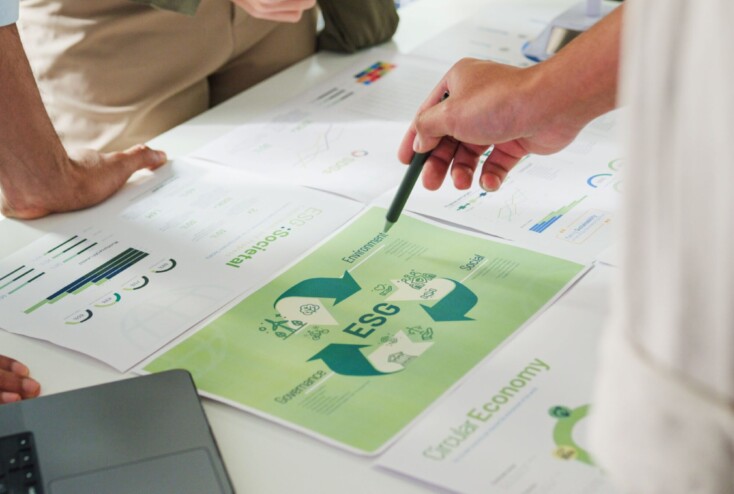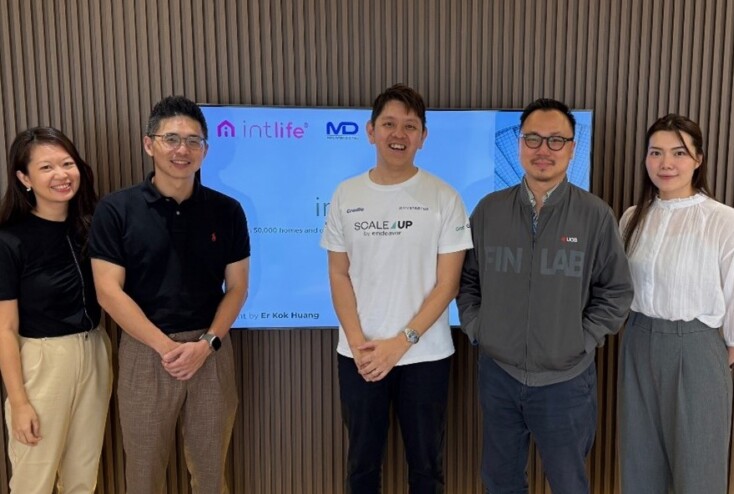“How can your company make the SG Green Plan 2030 a success?”
This question was posed to me on the first day of a sustainability innovation programme in end-2021 and — I’ll be honest — stumped me.
I proceeded to spend the rest of the programme organised by UOB’s The FinLab with this question at the back of my mind, pondering how we could most effectively make a lasting influence within the company and towards the national agenda.
It also reminded me that beyond my daily work, every brainstorm, plan and execution completed by my team should be a positive step towards a greener Singapore, and a greener world.
We rarely go a day without being urged to prioritise our goals around environmental, sustainability and governance (ESG) initiatives, as we face the existential threat of climate change, and rising regulatory and consumer scrutiny.
The truth is that sustainability sells, but consumers are more sceptical than ever about brands’ eco-friendly claims.
A recent study found a whopping 67 per cent of Southeast Asian consumers would research the claims on their beauty products’ packaging to know if they are truly sustainable.
Businesses need to be cautious not to over-promise and under-deliver on their sustainability initiatives, and make claims with words such as “eco” or “sustainable” without evidence.
Doing this is ultimately engaging in “greenwashing”, which could trigger consumer backlash and impact their reputation.
When it comes to businesses’ attempts at tackling climate change, it’s about being realistic and clear when setting targets.
No company is going to turn things around immediately, but communication is key to ensure all stakeholders are aware of the efforts being made.
An example of this is Chasen Holdings Limited’s subsidiaries, which operate a large fleet of trucks and prime movers – and these currently consume significant amounts of fossil energy, a major contributor of carbon emissions.
However, being transparent in reporting its emissions data and achieving its own emissions-reduction goals has shown shareholders, business partners and clients assurance in its commitment towards a more sustainable business model.
Moving towards a net-zero future is non-negotiable — and while it’s important to take steps towards being more eco-friendly, it’s challenging to implement long-term change.
According to the UOB Business Outlook Study 2024, over 70% of SMEs recognize the importance of sustainability. However, less than 40% have implemented sustainable practices, citing concerns such as higher costs for customers, among other reasons.
In fact, NTUC LearningHub’s Sustainability for Business Resilience Report 2024 reveals that 74% of business leaders are allocating annual revenue or profits to sustainable initiatives.
To solve the equation for a net-zero future, it’s time to consciously increase investment in sustainable assets and holistically examine the entire supply chain and business practices.






